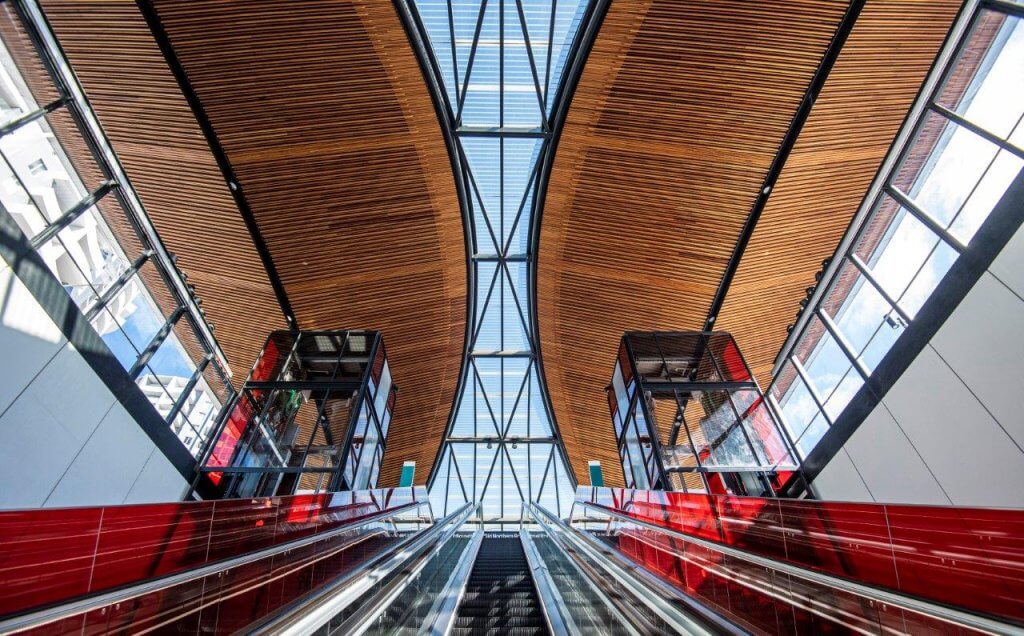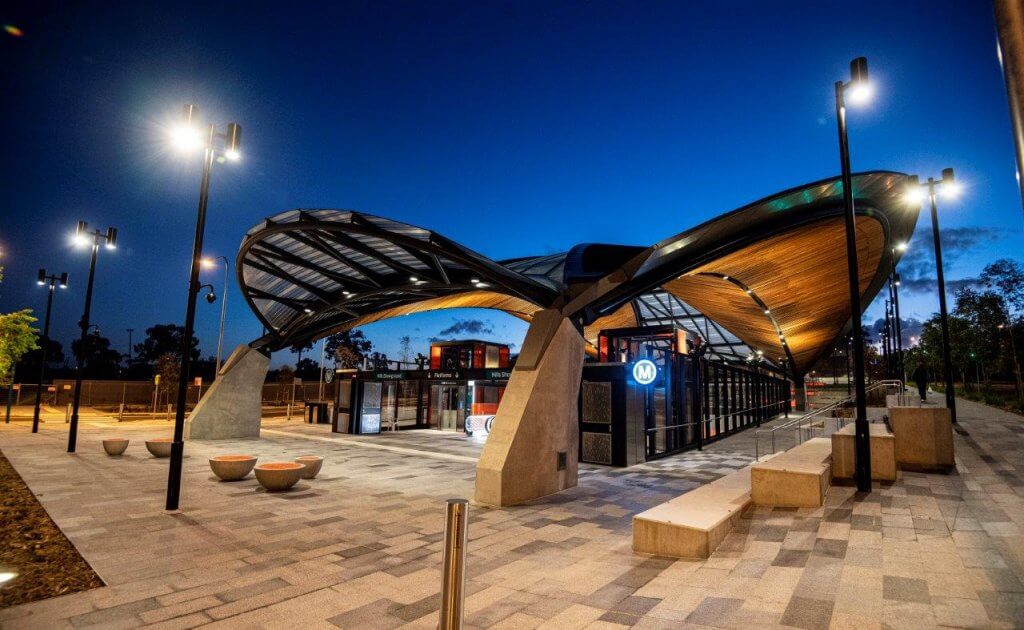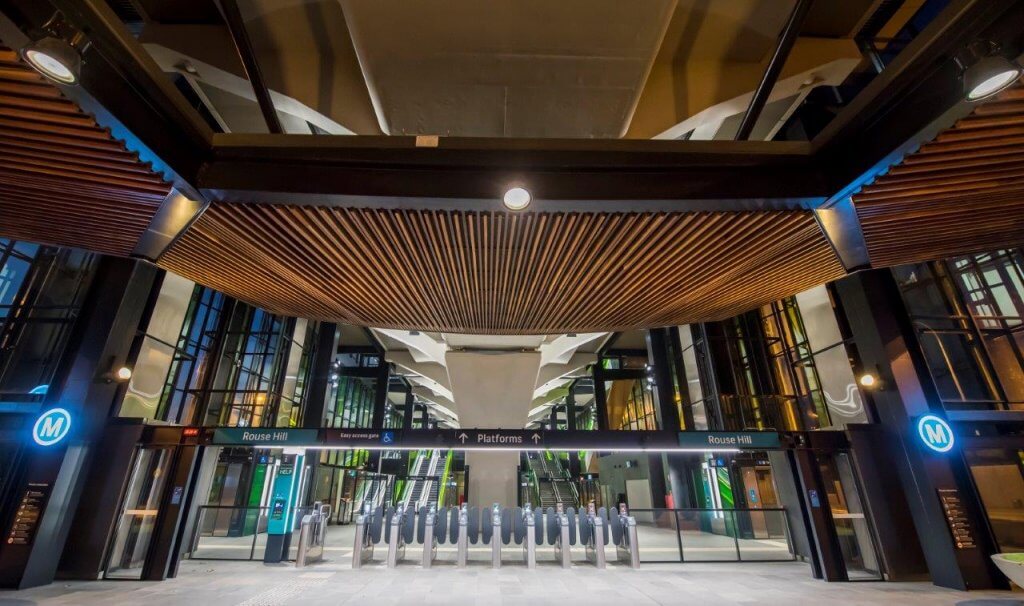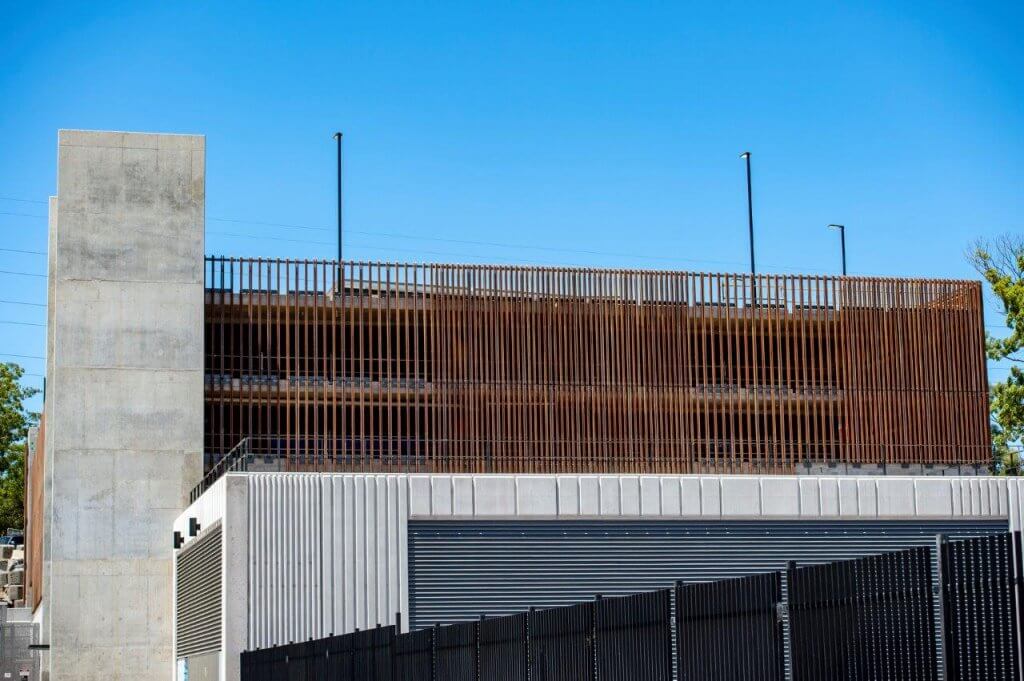Acknowledging and rewarding environmentally sustainable choices made in the construction industry is becoming increasingly important as the demand for greater sustainability grows among end consumers, government, developers and specifiers. The most effective way for timber growers and manufacturers to provide proof of the sustainability of any timber product is through certification by an independent, recognised accreditation body such as the Programme for Endorsement of Forest Certification (PEFC) internationally and in Australia through the Responsible Wood certification scheme.

Traditional “Chain of custody” certification poses problems for the construction industry however, when short-term projects involve numerous, uncertified contractors. This has recently been resolved by Responsible Wood through the creation of “project certification”. This provides a mechanism for attaining Chain of Custody certification against the Australian Standard (AS4707) for a specified project with a limited duration.
Chain of Custody certification connects the end consumer with the sustainable origins of their timber products linking sustainable forest management with the market. It tracks forest- based products from sustainable sources to the final product, closely monitoring each step of the supply chain through independent auditing to ensure that only material with proven sustainability reaches the end consumer. It is a solid assurance at a time when claims around sustainability and products being “Green” are abundant and, frequently, unproven. Currently in Australia there are 250 individual sites operating Responsible Wood certified Chain of Custody systems.

The first project to ever be awarded Chain of Custody certification not only in Australia, but in the Southern hemisphere, is no small undertaking. Indeed, it represents the biggest public transport project completed in Australia in recent years. The Sydney Metro project will be the first fully automated metropolitan rail system in Australia and, alongside an entirely new 66 km rail system, will provide 31 new railway stations.
Stage 1 of the project, Sydney Metro Northwest, recently opened to the public and services the region with the highest car ownership levels per household in Australia. It constitutes 8 brand new stations and commuter car parks accommodating 4,000 cars. Seven of the eight stations have satisfied the criteria for Responsible Wood certification. In fact, from the outset there was a contractual requirement for Sydney Metro Northwest’s contractors to source 100% of all timber products used from either re-used, post-consumer recycled or ethically certified timber. As a response to this, Northwest Rapid Transit (NRT) developed a procurement strategy to secure the supply of only certified timber products.

Described by Responsible Wood CEO Simon Dorries as “the high watermark for forest certification” the Sydney Metro Northwest project is the first in what could be a number of construction and infrastructure projects seeking Responsible Wood project certification. Dorries continues; “It represents a pioneer project, not only the largest of its type in the southern hemisphere but the first to successfully achieve Responsible Wood and PEFC project certification and we are fielding more and more enquires from construction teams and certification bodies looking to achieve certification for future projects. The construction industry should look out for many more Responsible Wood and PEFC project certification applications over the coming years.”
Seven of the eight brand new stations have been certified by SCS Global Services under PEFC and Responsible Wood Chain of Custody standards with the eighth station achieving partial project certification by the Forest Stewardship Council® (FSC®). A key component of the stations’ design was elements of the Cumberland Plain and the impressive station roof canopies are representative of a leaf, while the underside is lined in timber species commonly found in the in the Cumberland Plain forests (Spotted Gum or Black Butt).

The timber used in the façades of the new multi-storey car parks was also certified as sustainably sourced bringing the total timber used in the project to 200,000 linear metres.
The construction was undertaken by John Holland and CPB Contractors with John Holland’s Sustainability Manager Thirukumaran Jallendran stating; “This is a milestone project for Australia and we are proud that it reflects the country’s responsible sourcing goals.”
SCS Lead Auditor on the project, Nick Capobianco adds; “Third-party certification was key for this large-scale project as it enabled Sydney Metro to demonstrate the use of responsibly sourced timber with the backed guarantee of SCS’s audits.”

A commitment to protecting and promoting Australia’s unique environment through standards that ensure we have a forest industry that is a world leader in environmental, social, cultural and commercial sustainability is at the core of Responsible Wood’s charter.
That such a large and complex project can achieve certification should inspire others throughout the construction industry to realise that project scope and scale should not be deterrents in seeking project certification, proving without question, that project’s environmental credentials and commitment to protecting Australia’s precious forests.






